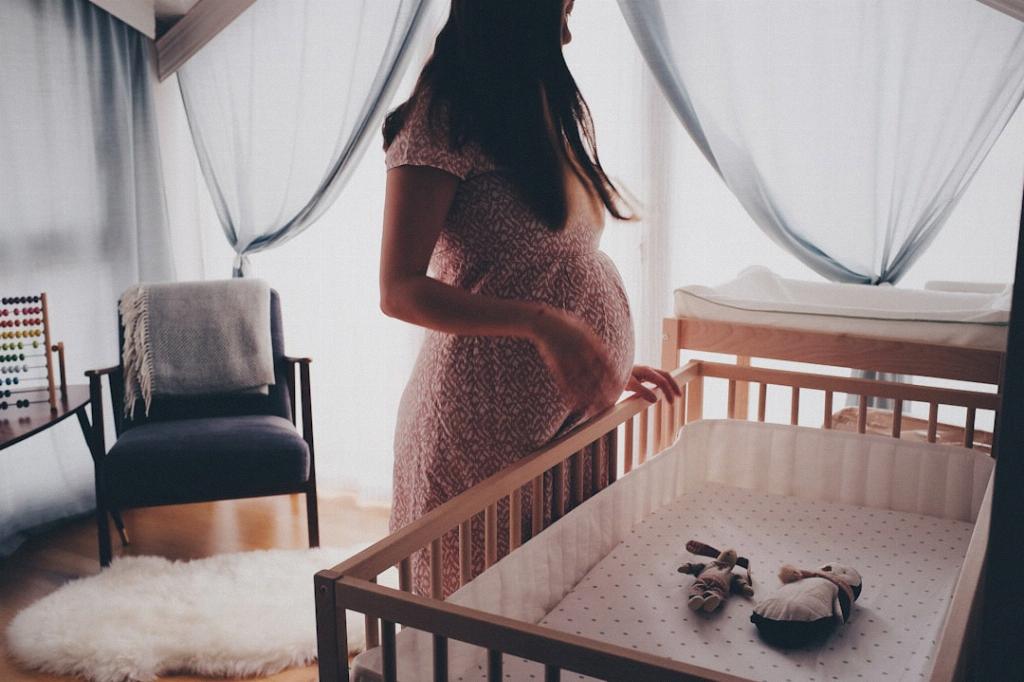When it comes to the question of whether 12 DPO is too early to take a pregnancy test, the answer may not be as straightforward as you think. Many women are eager to find out if they are pregnant as soon as possible, and the temptation to test early can be strong. However, it’s important to consider the accuracy of the results and how your body works before jumping the gun.
At 12 DPO, or 12 days past ovulation, some women may begin to experience early pregnancy symptoms such as implantation cramping, fatigue, or breast tenderness. This can lead them to believe that they are pregnant and prompt them to take a pregnancy test. However, it’s crucial to remember that these symptoms can also be attributed to other hormonal changes in the body and may not necessarily indicate pregnancy.
Experts typically recommend waiting until the first day of your missed period, which is usually around 14 DPO, before taking a pregnancy test for the most accurate results. This waiting period allows for a higher concentration of the pregnancy hormone hCG in your urine, increasing the likelihood of a positive test result if you are indeed pregnant.
Testing too early, such as at 12 DPO, can result in a false negative, which means that the test shows you are not pregnant when you actually are. This can be disheartening for many women who are eagerly trying to conceive and may lead to unnecessary stress and confusion. Waiting until closer to your missed period can help reduce the chances of a false negative result.
While some early response pregnancy tests claim to be able to detect pregnancy as early as 6-8 days past ovulation, the accuracy of these tests may vary. Many factors can affect the reliability of early testing, such as the sensitivity of the test, the concentration of hCG in your urine, and the regularity of your menstrual cycle. It’s important to consider these factors before deciding when to take a pregnancy test.
If you can’t resist the urge to test early at 12 DPO, keep in mind that you may still get a negative result even if you are pregnant. This is because hCG levels may not be high enough to be detected by the test at this early stage. It’s recommended to wait a few more days and retest if your period still hasn’t arrived to increase the chances of an accurate result.
Another factor to consider when deciding whether to test at 12 DPO is your emotional well-being. Getting a negative result can be disappointing, and repeatedly testing early can take a toll on your mental health. It’s essential to strike a balance between being eager to know the results and taking care of your emotional state during the testing process.
Ultimately, the decision of when to take a pregnancy test is a personal one. Some women may prefer to wait until they are certain of accurate results, while others may want to test early for peace of mind. It’s essential to assess your own emotional readiness and understanding of the potential outcomes before deciding when to take the test.
If you do decide to test at 12 DPO and receive a negative result, try not to lose hope. Many women receive false negatives at this stage and go on to have positive results later on. Keeping a positive mindset and staying patient can help you navigate the emotional rollercoaster that often comes with trying to conceive.
In conclusion, while 12 DPO may be a bit early to test for pregnancy, it ultimately comes down to your own personal preference and understanding of the potential outcomes. Waiting until closer to the first day of your missed period can increase the accuracy of the results, but if you choose to test early, remember to manage your expectations and emotions throughout the process.

